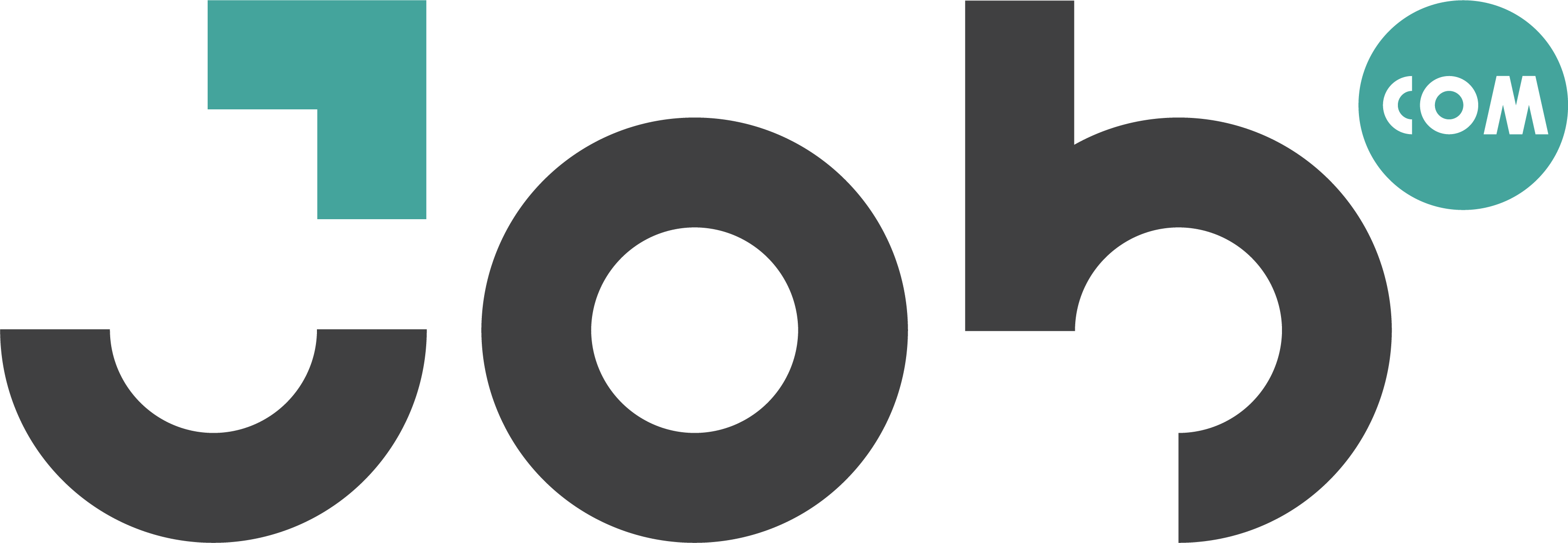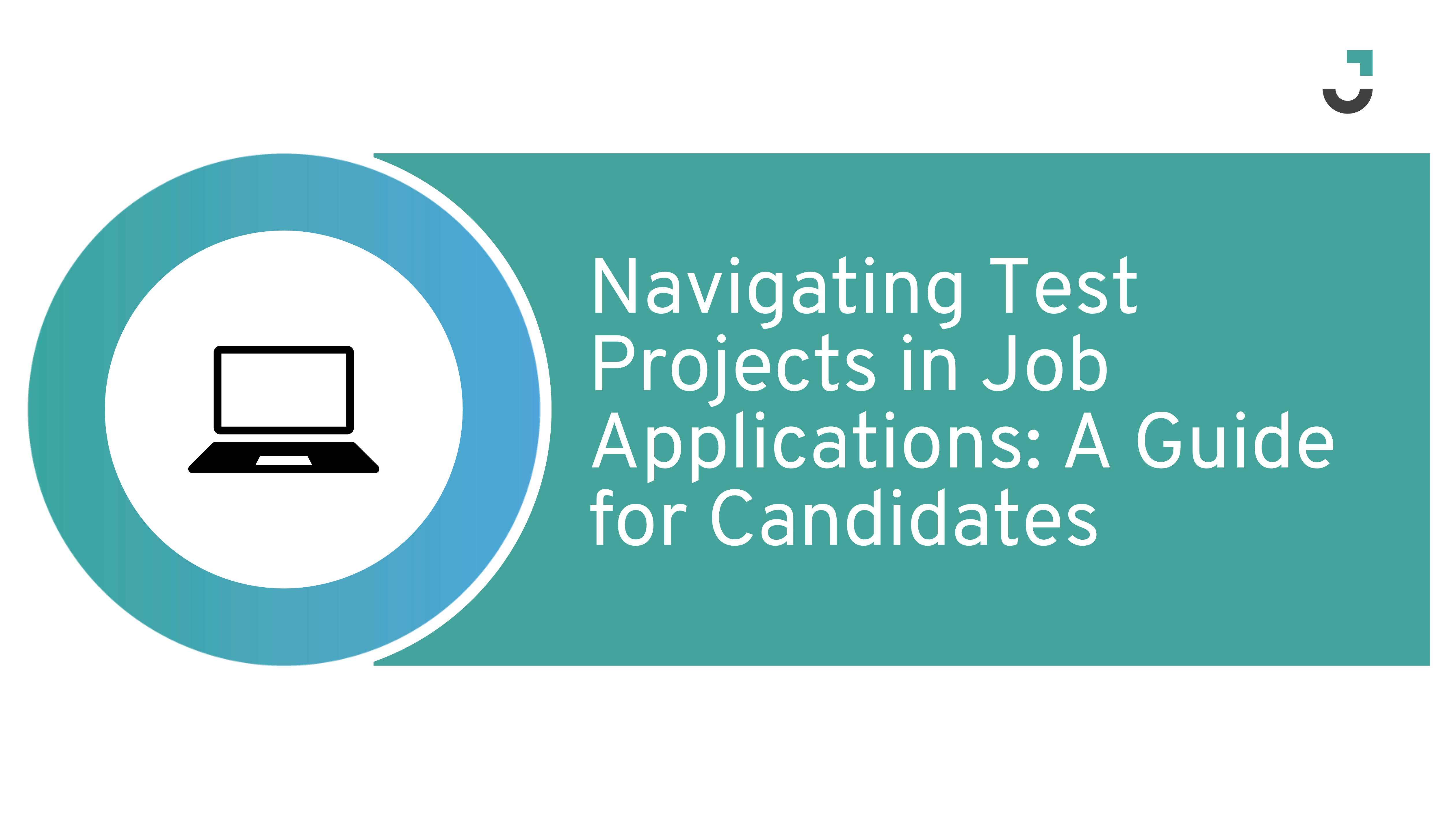In the competitive job market of today, hiring managers increasingly require job applicants to complete test projects as part of the evaluation process. These projects allow employers to assess candidates' skills, problem-solving abilities, and fit for the role in a practical context. While this can be a daunting prospect for many job seekers, being well-prepared can make a significant difference. Here's how you can navigate this aspect of job applications and put your best foot forward.
Why Do Hiring Managers Use Test Projects?
- Practical Skill Assessment: Test projects provide a clear picture of how candidates perform in real-world scenarios, beyond what resumes and interviews can reveal.
- Consistency and Fairness: They create a standardized method to compare candidates' abilities.
- Job Relevance: These projects often mirror actual tasks the candidate would handle if hired, ensuring the person selected can manage the workload.
Types of Test Projects
Test projects vary widely depending on the industry and specific role but generally fall into a few categories:
- Coding Challenges: Common in tech and software development roles, these require candidates to solve programming problems.
- Design Tasks: For graphic design or UX/UI roles, candidates might be asked to create a mockup or redesign an existing product.
- Writing Samples: Content creation roles often request blog posts, articles, or marketing copy.
- Case Studies: Particularly in consulting and finance, candidates analyze and solve business problems.
- Practical Exercises: Roles in marketing, sales, or project management might include scenario-based tasks or strategy development.
Preparing for Test Projects
-
Understand the Job Requirements: Thoroughly review the job description and required skills. Tailor your practice to these specifics.
-
Research the Company: Familiarize yourself with the company’s products, services, and industry trends. Understanding their business can help you align your project with their needs.
-
Review Common Test Formats: Search online for common test project formats in your field. Websites like Glassdoor or forums might have examples shared by past candidates, but be careful not to reinvent what someone else has created. Show your unique abilities.
-
Practice Relevant Skills: If you're applying for a coding job, practice coding challenges on platforms like LeetCode or HackerRank. Designers can work on mock projects or revamp old ones.
-
Time Management: Test projects are often time-bound. Practice completing similar tasks within a set timeframe to manage your time effectively during the actual test.
-
Quality Over Quantity: Focus on producing high-quality work. It’s better to complete part of a project excellently than to submit a rushed, subpar full project.
-
Seek Feedback: If possible, ask mentors or peers to review your practice projects. Constructive criticism can highlight areas for improvement.
-
Prepare Your Workspace: Ensure you have a quiet, distraction-free environment to work on your test project. This will help you focus and perform at your best.
During the Test Project
-
Follow Instructions Carefully: Pay attention to the guidelines provided by the employer. Missing critical instructions can negatively impact your assessment.
-
Show Your Work Process: In addition to the final product, include notes or comments explaining your thought process. This transparency can demonstrate your problem-solving skills and logical approach.
-
Prioritize Key Elements: Identify the most critical aspects of the project and tackle those first. If time runs out, having the most important parts completed will work in your favor.
-
Proofread and Review: Allocate time to review your work for any errors or improvements. Attention to detail can set you apart from other candidates.
After Submission
-
Reflect on Your Performance: Think about what went well and what could have been improved. This reflection will help you prepare better for future test projects.
-
Follow Up: Send a thank-you email to the hiring manager, reiterating your interest in the role and highlighting any key points from your test project. This keeps you top of mind and shows professionalism.
Test projects can be an excellent opportunity to demonstrate your capabilities directly to potential employers. With thorough preparation, attention to detail, and a strategic approach, you can tackle these challenges confidently and increase your chances of landing the job. Embrace these projects as a way to showcase your talents and stand out in the crowded job market.

